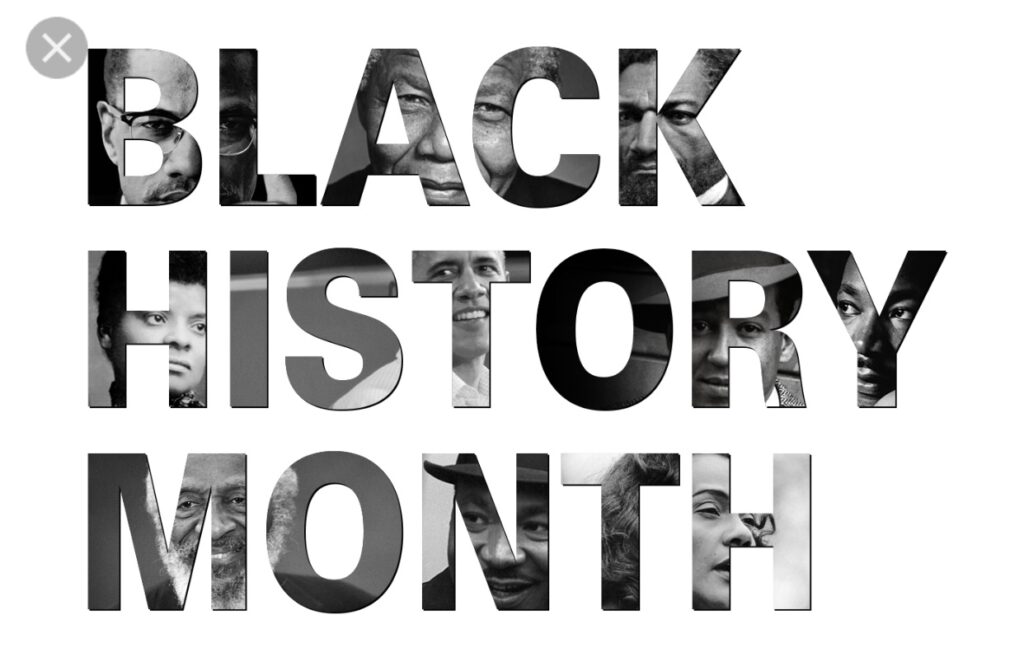February is dedicated to honoring Black History Month every year as a way to show recognition and respect to past and present African Americans who have made positive impacts in their community and our country. Some of the black history facts have been a part of a dark history when you think about slavery and racism issues. We still fight against some of these issues today. But there have also been plenty of influential black history people who have positively impacted our country and deserve every bit of recognition received.
Have you ever wondered why February was chosen to be the month for celebrating Black History Month? We’ve given you some context and facts on how it has evolved.
How Black History Month Started
Carter G. Woodson started Black History Month in 1915. Woodson is a historian who attended Harvard University and initially thought of the idea of Black History Month when attending a 50th-anniversary celebration of the 13th amendment, which abolished slavery. He made it his mission to encourage others to study the prominent black history people who have made such impactful contributions to our society. From forming organizations to writing professional journals, Woodson is credited for being the person who began Black History Month and it has evolved from that point.
February Was Chosen To Align With Special Birthdays
In 1926, Woodson and his organization made the celebration of black history an entire week and dedicated the second week of February to it. February was chosen for Black History Month because of two historical figures who have birthdays that month, Abraham Lincoln and Frederick Douglass. The black community had celebrated these prominent figures even before an entire week was dedicated to honoring them. Lincoln was celebrated because he abolished slavery during his presidency, and Douglass fought hard for people as an abolitionist who made significant changes to cement his legacy.
As the years progressed into the 1960s, the celebration of black history for an entire week slowly turned into an entire month. Schools started teaching more black history facts, while clubs and communities focused some attention on Black History Month as well. Fast forward to today and Black History Month is celebrated in many different ways by various organizations and communities as a testament to the black history people who have been most impactful in our society.
Black History Month Is Celebrated More Than Ever Before
Every February, Black History Month is celebrated to reflect on prominent people like Martin Luther King, Jr., Maya Angelou, Oprah Winfrey, and many others. The celebrations and recognitions have evolved into people being more interested in black history facts than ever before. People want to learn more about black history and even go out of their way to support black-owned businesses. It’s a small way to support Black History Month for what it stands for and continue that support throughout the year.
Everyone at Next Day Access enjoys learning about Black History Month and how history has led us to where we are today. Share some of the learning with us and if you need assistance with mobility equipment, Nous contacter at any time.





